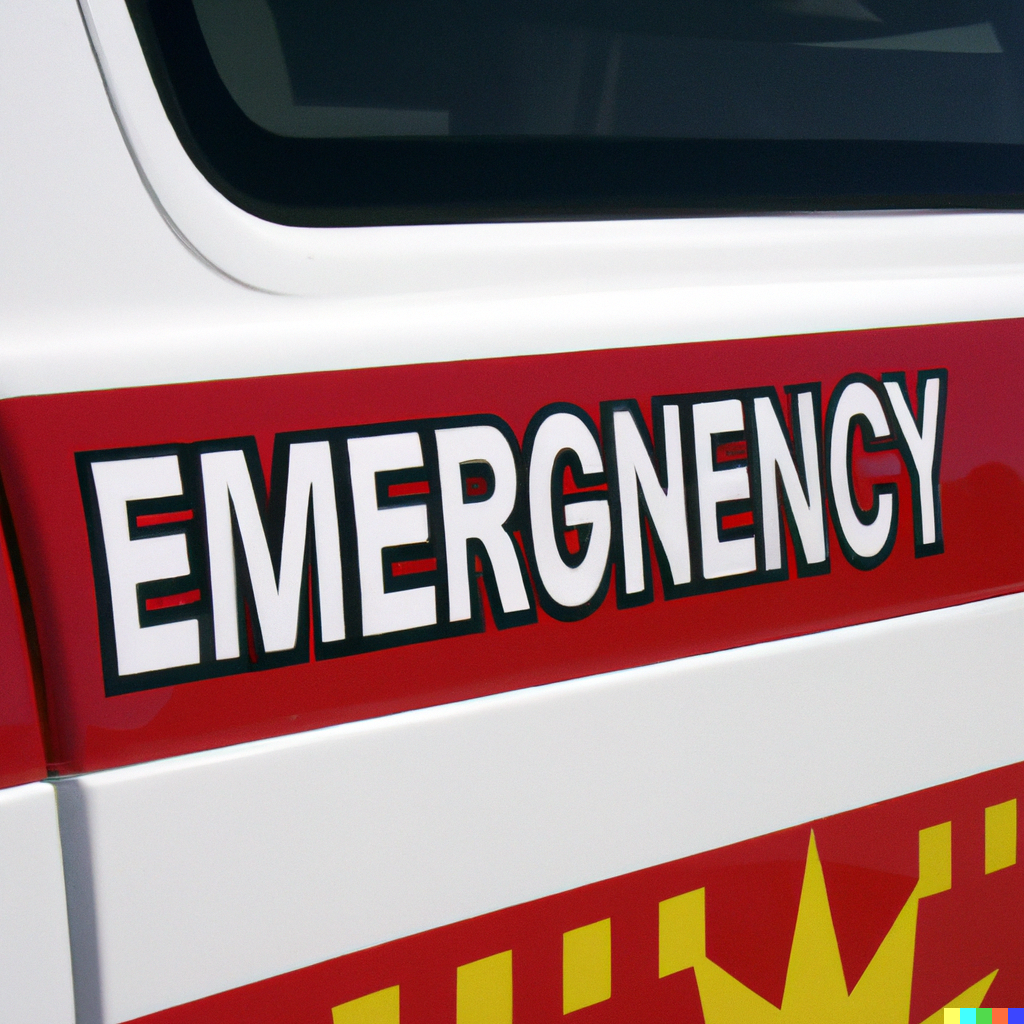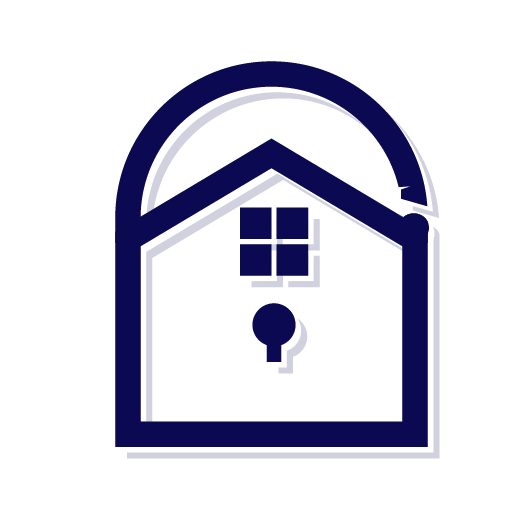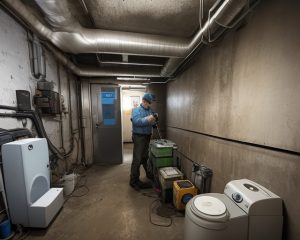Emergencies can happen at any time, and it’s important to be prepared. Whether you’re at home, at work, or in a public place, knowing what to do in an emergency can save lives. In this article, we’ll go over the steps you can take to ensure your safety in the event of an emergency in your apartment.
Living in an apartment has its own set of challenges when it comes to emergencies. You may not have direct access to the outside, and the close proximity to other units means that a fire or other emergency in one unit can quickly spread. However, with a little preparation, you can be ready to handle any situation that arises.

In this guide, we’ll cover essential tips for responding to a fire in your apartment, including how to detect a fire, evacuate the apartment, and what to do if you can’t evacuate. We’ll also discuss the importance of having a first aid kit on hand, and what to include in it. Additionally, we’ll touch on other types of emergencies that may occur in an apartment, such as floods, natural disasters, and power outages, and provide tips for responding to each.
By the end of this guide, you’ll have a comprehensive understanding of what to do in an emergency in your apartment. So, let’s get started.
Importance of Having an Emergency Plan in Place
Having an emergency plan in place is one of the most important steps you can take to ensure your safety in the event of an emergency. When seconds count, having a plan in place can help you respond quickly and effectively.
A well-thought-out emergency plan should include the following elements:
- Evacuation plan: A clear plan for how to evacuate the apartment in the event of a fire or other emergency. This should include identifying two exits from each room, practicing a fire drill, and identifying a safe meeting place outside the apartment.
- Emergency contact information: A list of important phone numbers, including those of the local fire department, police department, and a trusted friend or family member.
- Fire safety plan: A plan for responding to a fire in the apartment, including how to detect a fire, evacuate the apartment, and what to do if you can’t evacuate.
- First aid kit: A kit containing essential items that can be used to treat injuries in the event of an emergency.
Having these elements in place can give you peace of mind and help ensure your safety in an emergency situation. Additionally, it’s important to practice your emergency plan regularly, so that everyone in the apartment knows what to do in case of an emergency. By being prepared, you can increase your chances of staying safe and minimize the risk of injury.
Evacuation Plan
An evacuation plan is an essential part of your emergency preparedness in an apartment. In the event of a fire or other emergency, knowing how to evacuate quickly and safely can be the difference between life and death.
Here are some steps to take to create an effective evacuation plan:
- Identify two exits from each room: Know where the nearest exits are located and make sure they’re not blocked by furniture or other items.
- Practice a fire drill: Regularly practice a fire drill with your family so everyone knows what to do in case of an emergency.
- Choose a safe meeting place: Pick a safe meeting place outside the apartment where everyone can go after evacuating. This can be a tree, a street light, or any other landmark that’s easily visible from the apartment.
By having a well-thought-out evacuation plan in place, you can increase your chances of staying safe in the event of an emergency.
What to Do When You Can’t Evacuate
- Stay in your apartment and call 911
- Block the bottom of the door with towels or clothing to prevent smoke from entering
- Open a window and wave a bright-colored cloth or flashlight to signal for help
Emergency Contact Information
In the event of an emergency, having quick access to important phone numbers can make all the difference.
Here’s what to include in your emergency contact information:
- Local fire department: Keep the phone number of your local fire department handy in case of a fire.
- Local police department: If you need to call the police in an emergency, make sure you have their number on hand.
- Trusted friend or family member: Choose a trusted friend or family member who can be contacted in case of an emergency. Make sure they have your phone number and address as well.
By having this information readily available, you can respond quickly and effectively in the event of an emergency.
Fire Safety in an Apartment
Fire is one of the most common types of emergencies that can occur in an apartment. It’s important to have a fire safety plan in place to ensure the safety of you and your family.
Detecting a Fire
- Install smoke detectors in every room and test them regularly
- Know the sound of your smoke alarm
- Teach your family how to respond when the smoke alarm goes off
First Aid Kit
In the event of an injury during an emergency, having a well-stocked first aid kit can be a lifesaver.
Here’s what to include in your first aid kit:
- Adhesive bandages: For covering small cuts and wounds.
- Antiseptic wipes: For cleaning wounds.
- Sterile gauze: For covering larger wounds.
- Pain relievers: For managing pain.
- Tweezers: For removing splinters or other foreign objects.
By having a well-stocked first aid kit in your apartment, you can respond quickly and effectively to any injuries that occur in an emergency.
By having an evacuation plan, emergency contact information, and first aid kit in place, you can increase your chances of staying safe in the event of an emergency. By being prepared, you can minimize the risk of injury and help ensure your safety in any situation.
First Aid Kit Essentials
Having a first aid kit on hand can be a lifesaver in an emergency. Make sure your first aid kit includes the following items:
- Adhesive bandages
- Antiseptic wipes
- Pain relievers
- Sterile gauze
- Scissors
- Tweezers
- A CPR face shield
- A thermometer
- A flashlight
- A blanket
Other Types of Emergencies
Apart from fire, there are other types of emergencies that may occur in an apartment, such as floods, natural disasters, and power outages.
Floods
- Move electronics and important documents to higher ground
- Turn off the electricity and gas
- Evacuate the apartment if necessary
Natural Disasters
- Stay informed about the latest news and weather updates
- Prepare a disaster supply kit
- Follow the evacuation plan if necessary
Power Outages
- Have flashlights and extra batteries on hand
- Unplug electronics to prevent damage from power surges
- Keep a battery-operated radio for updates
In conclusion, being prepared for an emergency in your apartment can mean the difference between life and death. By having a fire safety plan, a first aid kit, and knowledge of what to do in other types of emergencies, you can ensure the safety of you and your family. Take the time to prepare, and stay safe.



